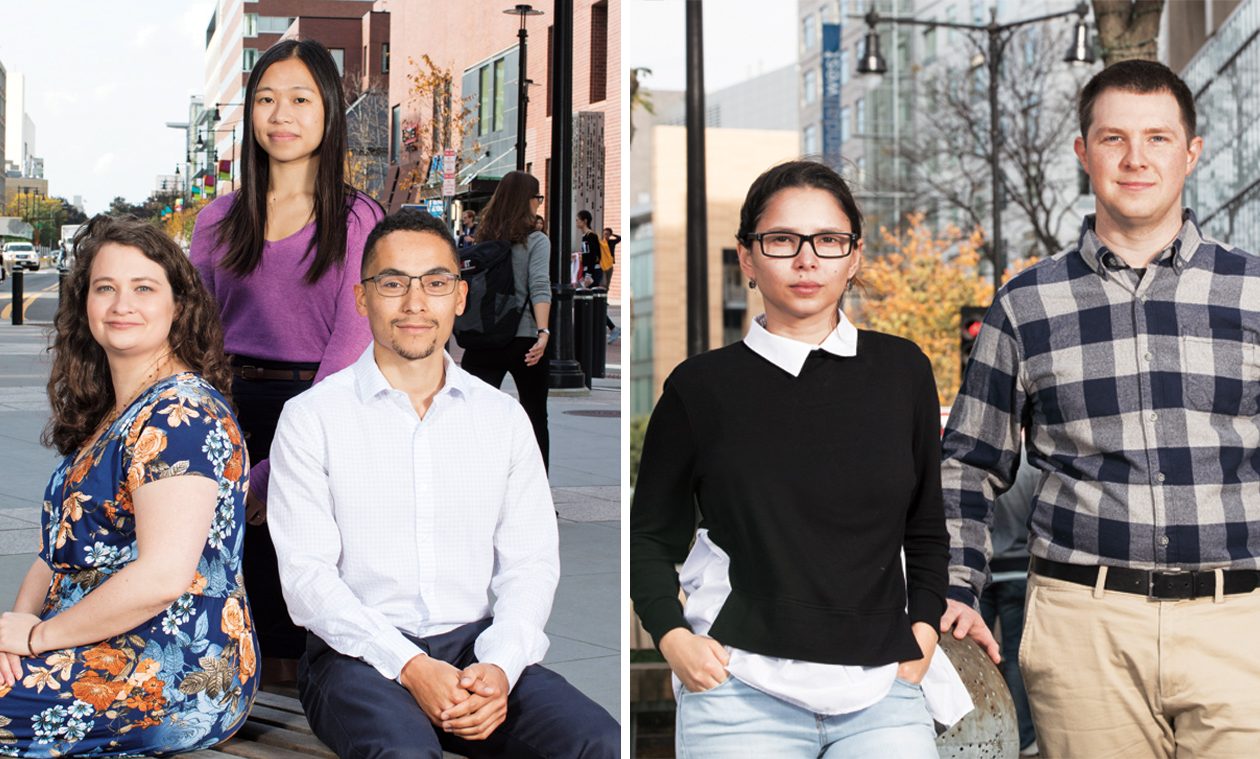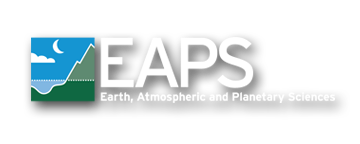At the Intersection
Five grad students, including EAPS member Dan Gilford, on finding their own routes into the policy sphere
By Mayara Felix | MIT Spectrum
Daniel Gilford
PhD candidate, Earth, Atmospheric and Planetary Sciences
MIT fellowships include: Robert R. Shrock Graduate Fellowship, Praecis Presidental Fellowship
Research focus
Factors determining hurricanes’ thermodynamic “speed limit”; effects on sea level of short-lived, human-emitted greenhouse gases. Other activities: Weekly student lunches with the Joint Program on the Science and Policy of Global Change.
Policy perspective
“Understanding what intensifies hurricanes could improve prediction, helping officials make preparations and decisions related to evacuations, infrastructure, and disaster relief. Regarding sea-level rise, the policy implications are straightforward: to limit long-term sea-level rise, we must reduce climate pollutant emissions—as we did with CFCs in the Montreal Protocol, in which my advisor Susan Solomon [Lee and Geraldine Martin Professor of Environmental Studies] played an important scientific role. Of course, how to do this, including what the role of regulations is versus the market, is more nuanced.”
On listening
“Policy is not just about talking to politicians. If you want something to change, you need to start with community outreach and engagement and most importantly, listening. People’s values, goals, hopes, fears, dollars, security—these things don’t directly affect my day-to-day science but play a major role in policy decisions. If I can’t communicate the links between my work and those human aspects, then it’s not going to be very effective.”
Faculty inspiration
“I don’t know anyone as knowledgeable about policy with a scientist’s perspective as Susan Solomon. In addition to her scientifically instrumental role in the development of the Montreal Protocol, she was the chief editor for the Intergovernmental Panel on Climate Change’s fourth Assessment Report, which was awarded the Nobel Peace Prize with Al Gore. At MIT she developed, with the late Professor Judy Layzer [PhD ’99], a very powerful discussion/project-based course that explores environmental policy from a historical perspective. I learned so much by taking the course and just talking with her—including the importance of being an optimist. In the most challenging policy settings, Susan believes in the human spirit to problem solve, innovate, and work together.”
Read the full story at MIT Spectrum.



